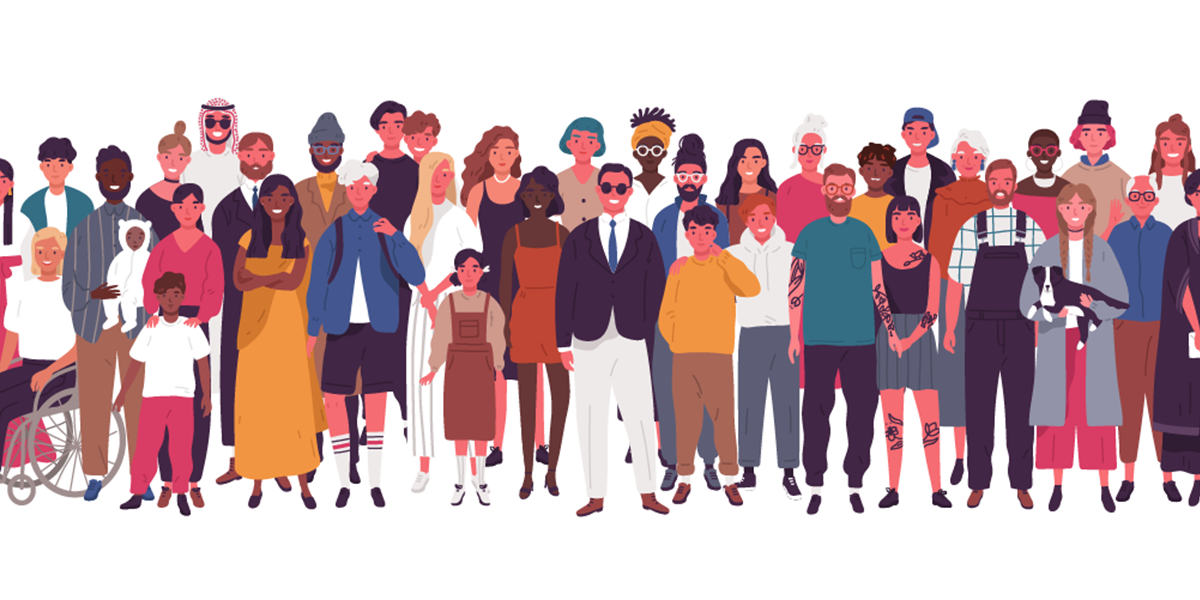At Argus, we believe that diverse ethnic backgrounds, languages, religions, gender orientations, sexual preferences, and abilities are what make countries and organizations strong. Many studies have revealed that having a team of people from a wide variety of backgrounds can enhance problem solving and innovation. From a corporate standpoint, the benefits of fostering a culture of respect for diversity has many benefits, including supporting talent acquisition strategies, employee productivity and increased employee retention. Moreover, respecting people for their differences is simply a moral imperative and non-negotiable for the modern world.
A few statistics about diverse companies:
-Diverse companies enjoy 2.3 times higher cash flow per employee.
-Inclusive teams improve team performance by up to 30 percent in a high-diversity environment.
-Companies with diverse management teams had a 19 percent increase in revenue compared to their less diverse counterparts.
Argus is a human-centric company, which means we make our commitment to diversity an ongoing priority, not just something we write in our company profile. Encouraging diversity and inclusion is a process that requires action. Here are just some of the ways we make sure people feel safe, respected and included.
Recruit based on attitude, experience, and skills
When it comes to hiring staff, we look at experience, skills, and most importantly, attitude. We believe that skills can be learned over time with proper training, but the right attitude can’t always be so easily cultivated. We look for people with a willingness to learn, the ability to work well with others, and to respect safety best practices above all.
What doesn’t factor into our hiring guidelines is a candidate’s appearance, gender, ethnicity, or sexual preference. Our human resources team has undergone diversity training and culture sensitivity training, and is continually evaluated to ensure a fair candidate evaluation process.

Learn to pronounce names correctly
At Argus, names of employees must be pronounced correctly, no matter how difficult they are for the speaker to learn. Mispronouncing names or asking someone to provide an anglicized alternative is simply unacceptable.
Some top Canadian universities are addressing the problem of mispronunciations with a tool called NameCoach, that gives students the chance to make an audio recording of their name. The recording is then made available on people’s academic profile, allowing classmates and professors to play the recording and learn how to pronounce the person’s name correctly.
This commitment to learning names properly, even if it takes an online tool, is important to us. Learning someone’s name is a sign of respect, and respect is the name of our game.

Engage with and listen to all employees
Employees provide feedback that is often invaluable to leadership. Part of our diversity policy is giving everyone at the company a chance to speak to management. An open-door policy is critical for giving an equal opportunity for anyone who wants to share their challenges, or to offer suggestions for improvement.
Maintain a zero-tolerance policy
Racism and other inexcusable attitudes have no place at Argus. Cases of abusive or discriminatory words and behavior are taken extremely seriously. This policy is crucial for keeping Argus a safe workplace for people of all genders, religions, and ethnicities. This zero-tolerance policy is communicated at all stages of the recruitment process. While employees may feel free to think as they please, treating others with anything other than explicit respect is not permitted.
Done right, building diverse, equitable, inclusive organizations yield greater profitability, innovation, and smarter teams. Our deeply connected and global world gives us the opportunity to learn from a variety of mentalites and to connect with people from all walks of life. Given the increased profitability of diverse organizations, we believe it is best to invest in building ever more diverse teams now, as the companies that don’t will fall further behind.


